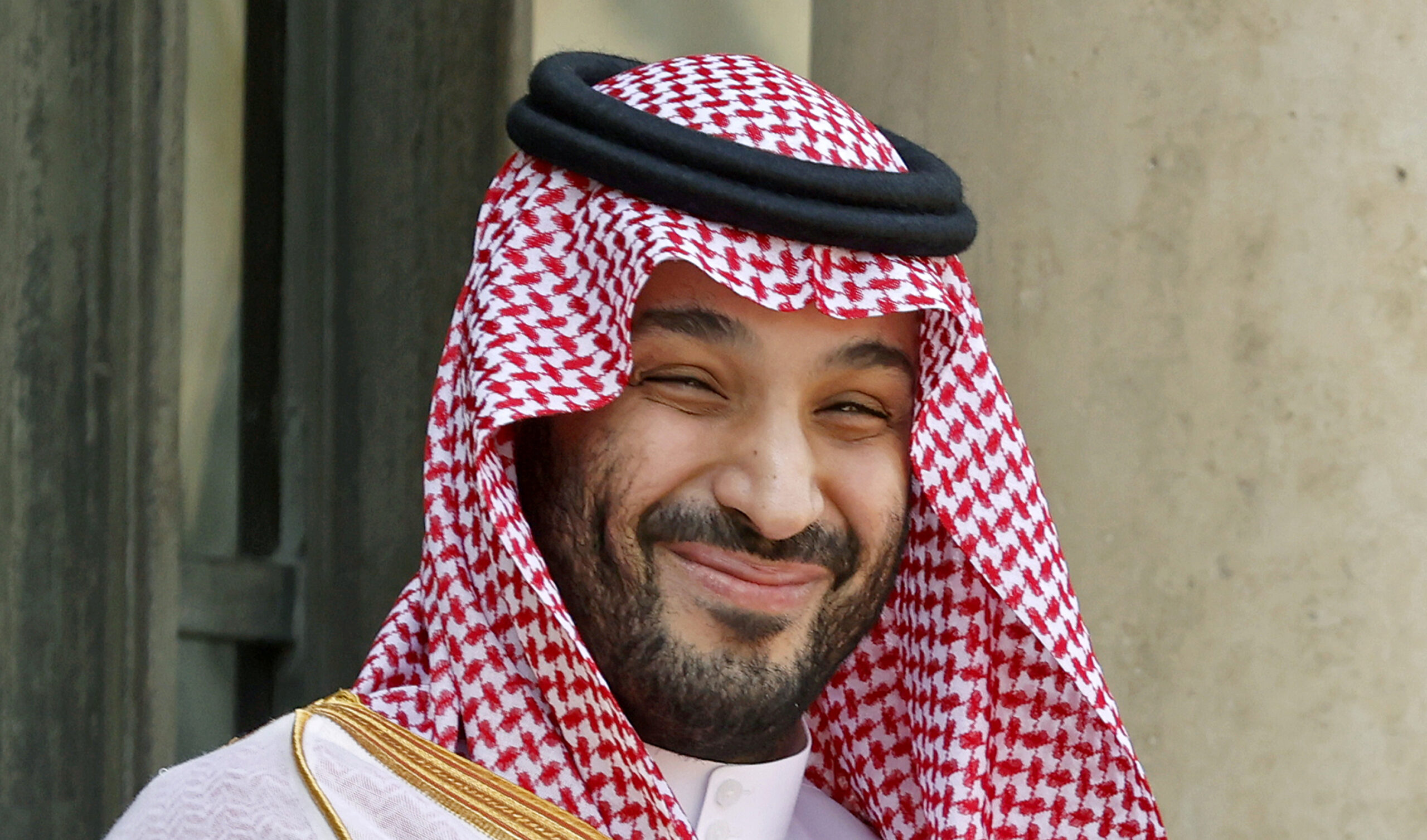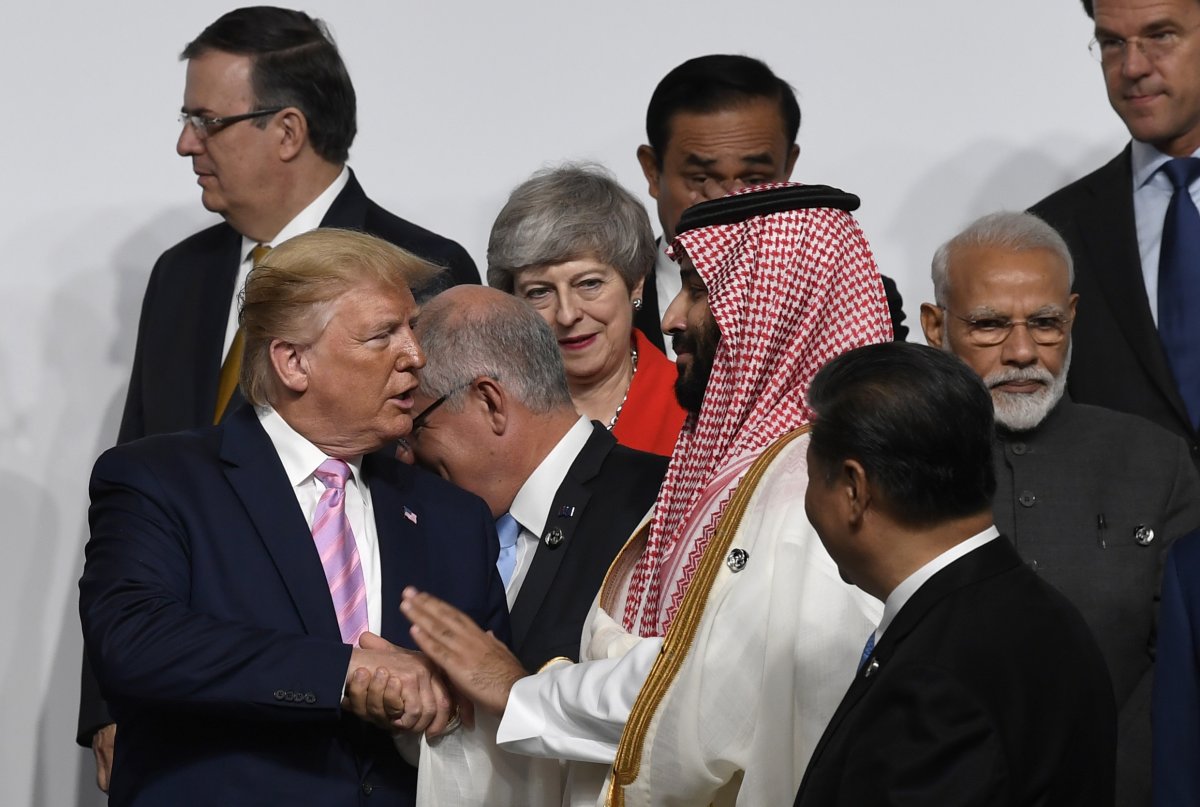
The number of executions in Saudi Arabia doubled in 2024 as the Middle East led a global surge, according to a new report by Amnesty International. Rights groups say the trend has continued into 2025.
Newsweek has reached out to the Saudi Ministry of Interior for comment.
Why It Matters
Saudi Arabia is a key U.S. ally, major oil supplier, and is central to Middle East diplomacy but strains with Western countries have sometimes shown over accusations of human rights abuses.
What To Know
Recorded executions in the kingdom doubled in comparison with 2023, largely for terrorism and drug related offences, Amnesty International said in a new report.
Saudi Arabia carried out at least 345 death penalty executions in 2024, compared to 172 in the previous year, marking the highest recorded number by the monitoring group in any given year. The only two countries that executed more people were China and Iran. It said Iran had executed at least 972 people and China was believed to have executed thousands, but it did not have a figure.
Under pressure over human rights, Saudi Crown Prince Mohamed bin Salman (MbS) had pledged to reduce the use of death penalty as part of his reforms to decades of hardline Islamic rule.
Photo by Chesnot/Getty Images
Right monitors say they are concerned the trend on executions is continuing into 2025, with the Saudi Press Agency reporting statements by the Interior Ministry confirming executions were carried out as recently as Monday. These included Saudi nationals but also foreigners with charges of murder, drug trafficking and terrorism.
Observers estimate that over 60 people have been executed by Saudi authorities since the beginning of the year, Taha Al-Hajji, legal director of the London-based European Saudi Organization for Human Rights, told Newsweek.
Most executions in Saudi Arabia are carried out by beheading, with charges ranging from murder to terrorism but also for non-violent crimes such as drug smuggling.
Critics have long accused Saudi courts of relying on confessions extracted under torture and of denying defendants access to legal representation, in addition to carrying out capital punishment on minors and political dissidents.
In March, the Saudi government extended an “open invitation” for dissidents abroad to return to the kingdom with promises that they will not be prosecuted, drawing skepticism from rights defenders.
U.S.-Saudi tensions spiked in 2018 after journalist Jamal Khashoggi was murdered in the Saudi consulate in Istanbul. U.S. intelligence later concluded MbS approved the killing—an allegation Saudi Arabia denied.
U.S. President Donald Trump viewed the crown prince as a key Middle East ally and has prioritized strong U.S.-Saudi ties during both his first and second terms.
Other Middle Eastern countries including Iraq, Yemen and Egypt also saw rises in the numbers of executions, according to the Amnesty report. It noted a 32 percent increase from 2023, making 2024 the highest yearly figure since 2015. In Iraq, executions nearly quadrupled over a year, the report said.
What People Are Saying
Amnesty International: “The Saudi authorities continued to weaponize the death penalty to silence political dissent and punish nationals from the country’s Shi’a minority who supported “anti-government” protests between 2011 and 2013.”
Crown Prince Mohamed bin Salman in 2022 interview with The Atlantic, transcribed by Saudi Gazette: “Well about the death penalty, we got rid of all of it, except for one category, and this one is written in the Koran, and we cannot do anything about it, even if we wished to do something, because it is clear teaching in the Koran. If someone killed someone, another person, the family of that person has the right, after going to the court, to apply capital punishment, unless they forgive him. Or if someone threatens the life of many people, that means he has to be punished by the death penalty.”
Taha Al-Hajji, Legal Director at European Saudi Organization for Human Rights told Newsweek: “There is significant arbitrariness and subjectivity in how the authorities issue sentences, in the absence of a clear penal code. It is hard to track the exact executions process and time as it happens in a secretive manner.”
What Happens Next
While the trend may not affect the relationship with the United States under Trump, it could bring greater international scrutiny on Saudi Arabia’s rights record. The Saudi foreign minister is scheduled to have high-level meetings with U.S. officials this week.

Susan Walsh/AP Photo
